

Is nuclear energy bad for the environment?
Nuclear energy has long been a topic of debate when it comes to its impact on the environment. While there are both advantages and disadvantages to using nuclear energy, it is important to consider its potential negative effects.
One of the main concerns associated with nuclear energy is the generation of radioactive waste. Nuclear power plants produce highly radioactive waste that needs to be stored and managed for thousands of years. This poses a significant environmental risk if not handled properly. For example, the Fukushima Daiichi nuclear disaster in 2011 resulted in a large release of radioactive materials into the environment, affecting both land and sea ecosystems.
Another environmental concern is the potential for nuclear accidents. Although rare, accidents like the Chernobyl disaster in 1986 have had devastating consequences. The release of radioactive materials not only poses immediate health risks to humans and wildlife but also has long-term effects on the environment. The affected areas remain uninhabitable for decades, and the ecosystems continue to suffer from the aftermath of the accident.
In addition to accidents, uranium mining, which is necessary for nuclear fuel production, can have negative environmental impacts. The extraction process can lead to habitat destruction, water pollution, and the release of greenhouse gases. The Navajo Nation in the United States, for example, has experienced significant environmental and health issues due to uranium mining activities.
Furthermore, nuclear power plants require large amounts of water for cooling purposes. This can lead to thermal pollution, where heated water is released back into rivers or lakes, disrupting aquatic ecosystems and harming fish and other organisms that rely on specific temperature ranges.
Despite these concerns, it is essential to note that nuclear energy also has its advantages when it comes to mitigating climate change. Nuclear power plants produce low greenhouse gas emissions compared to fossil fuel-powered plants, helping to reduce air pollution and combat global warming.
In conclusion, while nuclear energy has its benefits in terms of reducing greenhouse gas emissions, it is not without its environmental risks. The generation of radioactive waste, the potential for accidents, uranium mining impacts, and thermal pollution are all valid concerns that need to be addressed and managed carefully to minimize the negative impact on the environment.
Related Posts
© 2024 Invastor. All Rights Reserved


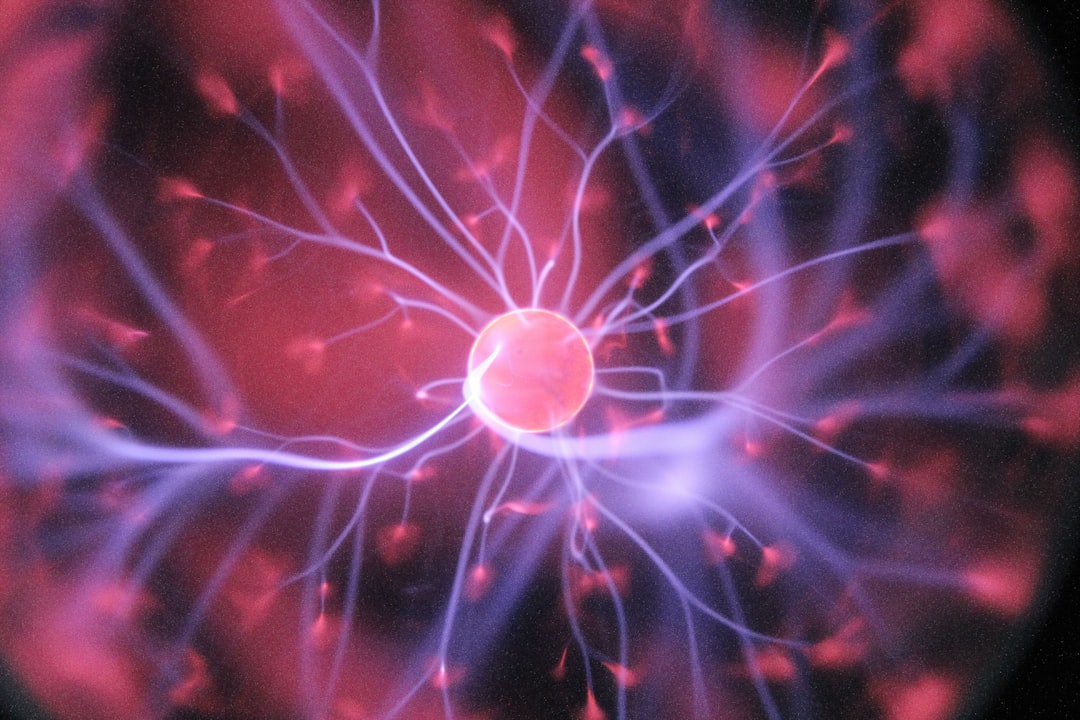
User Comments
User Comments
There are no comments yet. Be the first to comment!